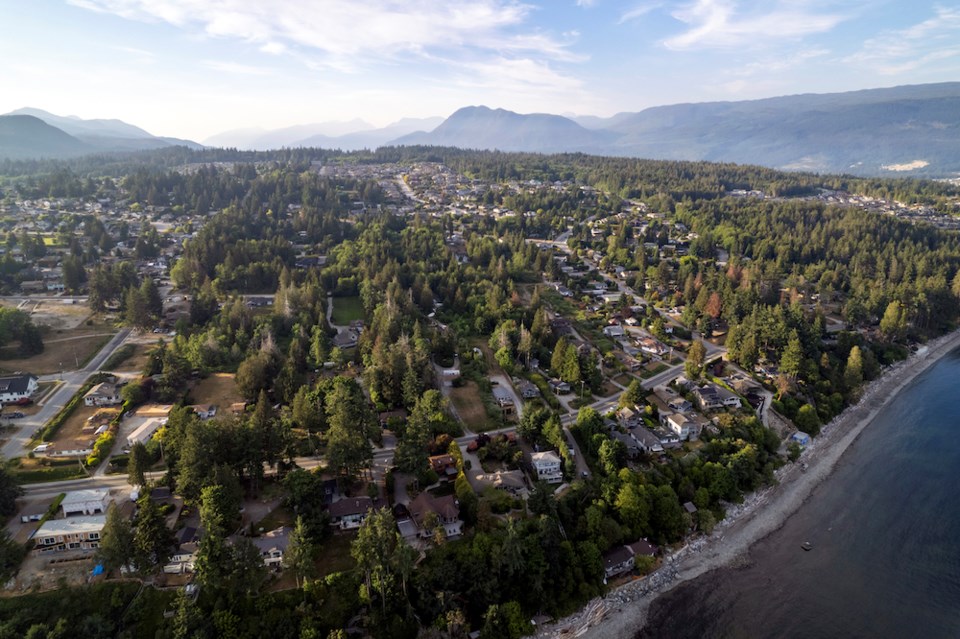When I think about my own experiences with poverty, I still marvel at how I managed to survive—let alone afford a studio apartment in Vancouver—as a young freelance writer and creative in the early 2000s. There were times when I counted loose change to buy groceries and more than once, I opted to eat before paying my phone bill. In recent years, many in our community have shared similar stories with me—people at every stage of life doing their best to stay afloat while shouldering tough choices and the burden of society’s judgments about how they live.
When you dive into community work, as I did in 2021, it quickly becomes apparent that poverty isn’t a popular topic of conversation. It’s widely misunderstood and highly stigmatized—everyone seems to have an opinion on what should be done about it.
However, when you step back from broad definitions and instead focus on people’s everyday struggles—housing, jobs, connections, healthcare, transportation, and the growing environmental threats due to climate change—the conversations become a bit more nuanced. Why? Because the typical definitions of poverty often overlook the diversity and intersectionality inherent in facing eviction, an unforeseen illness, mental health challenges, or job loss, to name a few. These experiences, unlike terminology, create space for empathy and, more importantly, a new perspective on what poverty really looks like and feels like.
The Be the Change campaign, our third Poverty Reduction Project, was a significant milestone. Our project demonstrated how invaluable community participation and support are to the collective effort of poverty reduction on the lower Sunshine Coast. From January to June, we hosted community engagement and educational initiatives from Gibsons to Pender Harbour, led by thought leaders, organizations, and peers. These initiatives centred around six major themes aimed at listening, learning, and developing actionable strategies to combat poverty in our community.
These events didn’t just spark meaningful discussions—they highlighted practical solutions that can make a difference. They also revealed that there’s still much work to be done. Whether it was the heated rhetoric on social media about guaranteed basic income or the person on our mailing list who responded to my Climate Change Talks email with a blunt “eff-off,” it’s clear that consensus will always be elusive.
But what matters most is that we keep pushing forward together and continue learning.
We recognize the ongoing need to improve systemic, institutional, political, and societal resources and policies around poverty. Yet, you might be surprised to discover that some of the most impactful work comes from everyday people extending a helping hand in simple, accessible ways.
The following list of ways we can all Be the Change is a result of community participation and deep listening, and we are eternally grateful to everyone who got involved.
You can Be the Change by:
Talking about the importance of mixed housing in creating diverse, inclusive neighbourhoods. Transitional, supportive, subsidized market rentals and residential CAN exist together.
Being conscious of where we spend our money to support a thriving local economy. Buying locally can increase the stability and sustainability of small businesses, which can pay living wages.
Recognize all people are looking for connection and belonging no matter their circumstances. Let’s combat stigma and shame by creating spaces that build community and increase inclusion.
Get involved with Foundry Sunshine Coast to support vulnerable youth and/or register your suite on Cover the Coast’s essential worker registry to assist in recruiting and retaining healthcare professionals who can join our Primary Care Network.
Use alternative transportation methods (walk, cycle, bus) when possible. Continue to advocate for greater highway safety and support TraC’s work on developing the active transportation corridor.
Read and support the newly adopted SCRD Community Climate Action Plan to help guide our collective regional work and learn how to support vulnerable individuals during extreme weather events.
Learn more about Be the Change and our Poverty Reduction Project by visiting www.resourcecentre.ca and downloading our report.



